A low FODMAP diet is often recommended for those who struggle with irritable bowel syndrome (IBS), as it helps reduce the risk of many digestive system problems linked with this condition.
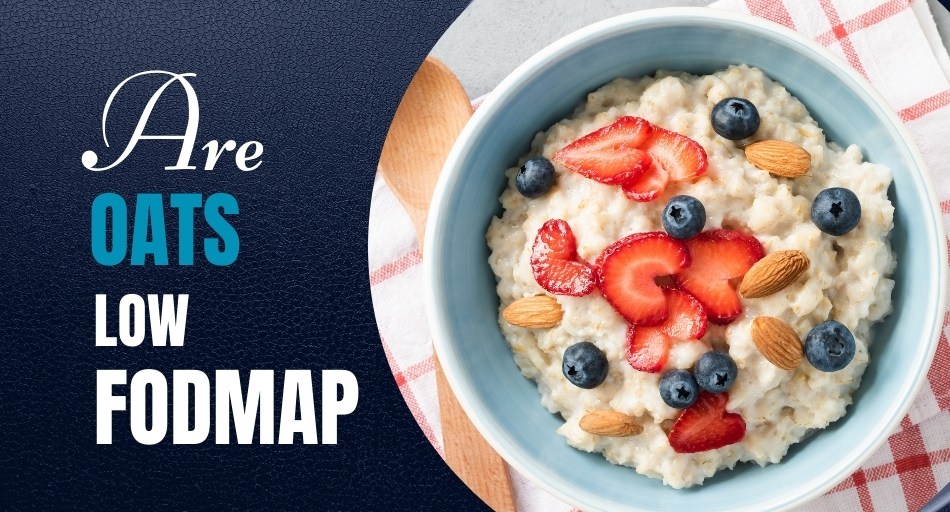
Unfortunately, there are many foods that contain a lot of carbohydrates, including FODMAPs. So, it’s important to know which foods can be safely consumed when you suffer from IBS.
Oftentimes, you can consume foods containing FODMAPs but in smaller servings. For example, oats are high in carbs, but some servings are allowed. So, how high in FODMAPs are oats?
Table of Contents
Are Oats Low FODMAP?
As long as you stick to a very low serving, oats can be considered a low FODMAP food. They do contain lots of carbs, including FODMAPs, but can be a part of a diet low in these indigestible carbs.
What’s more, oats are a rich source of various minerals as well as antioxidants and fiber. So, eating them can help you stay healthy and reduce your risk of various health conditions.
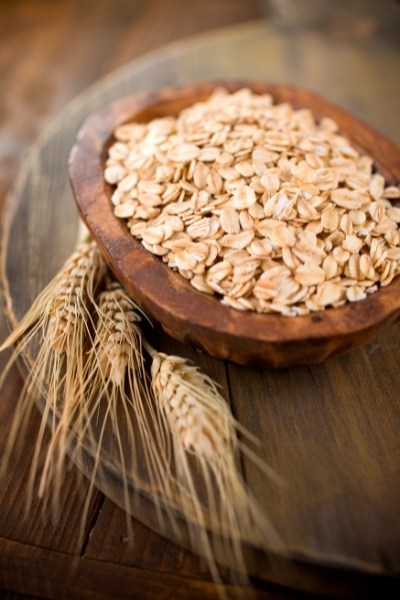
So, adding oats to your diet can be very beneficial for you.
How high in FODMAPs are oats?
In general, oats are high in FODMAPs, but it all depends on the serving size you’re choosing. Experts recommend starting off with a small serving of about ½-cup of cooked oats. In this amount, you shouldn’t experience any IBS-related symptoms.
Also, make sure to avoid flavored oats, which tend to be higher in sugar as well as added sugars.
So, it’s best to stick to a small serving of plain oats to keep your digestive system in the best shape possible.
Can you eat oats on a low FODMAP diet?
Oats can be a great addition to a healthy, balanced diet that’s also low in FODMAPs. A small serving of around half a cup of cooked oats is categorized as low in FODMAPs, thus safe for people with IBS.
But it’s also important to keep in mind that this only applies to plain oats, such as instant, steel-cut, or enriched.
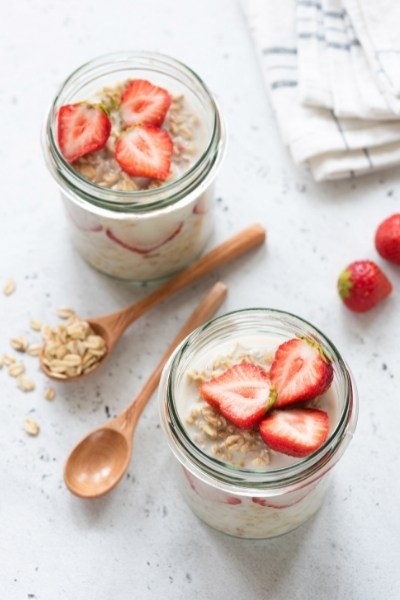
Other flavored varieties are high in sugar and other additives that can trigger various unpleasant symptoms of IBS.
So, try avoiding these.
Instead, try spicing up your oatmeal with ingredients like berries, bananas, melon, or strawberries. You can also include small amounts of cinnamon, ginger, or nutmeg, as these are also low in FODMAPs.
But still, make sure to add them in small quantities, as they can still contain small amounts of FODMAPs.
That way, you can add flavor to your oats without increasing their FODMAP content.
Are oats good for you?
Oats are one of the most nutritious grains available. They contain a decent dose of each of the three macronutrients essential for your health as well.
When it comes to nutrients, oats are particularly rich in fiber, providing you with 16% of your daily need for this nutrient in a one-cup serving. So, even if you’re eating less, you’re still getting a lot of fiber.
The fiber found in oats is called beta-glucan. This type of fiber is soluble and helps lower the levels of ‘bad’ cholesterol in your body, improve blood sugar levels, and boost immunity. It also has lots of benefits for your cardiovascular health.
Oats also contain a good amount of plant protein, about 11% of how much you need per day in one serving.
This is good news for people who follow plant-based diets and struggle with getting enough protein.
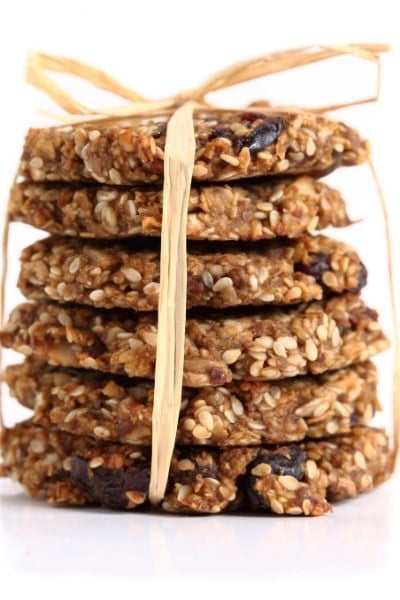
This macronutrient is crucial for the development of lean muscle mass. It also helps you stay full after eating, preventing overeating and weight gain.
So, eating oats can be great, especially for vegetarians and vegans.
What’s more, each serving of oats provides you with a great number of various vitamins and minerals.
For example, oats are especially rich in all B vitamins, such as thiamin, riboflavin, vitamin B6, folate, and niacin.
All of these help maintain important bodily functions, including brain development, stable mood, and the health of your skin, nails, and hair, among others.
So, loading up on these nutrients is very important, and oats can help you do that.
Eating oats also helps you load up on iron, a vital mineral for the production of hemoglobin, a protein that helps transport oxygen in your red blood cells.
Because of that, getting enough iron helps prevent iron deficiency anemia. It also improves your energy levels.
Many people who don’t eat meat and seafood tend to experience iron deficiency. So, replacing these foods with oats on a plant-based diet can be a great alternative.
Another mineral that eating oats provides you with is manganese. It helps your body form connective tissue, bones, blood-clotting factors, and even sex hormones. Manganese is also responsible for normal brain and nerve function.
Along with manganese, oats also contain a lot of calcium and phosphorus – both of which are also minerals essential for good bone health.
So, if you consume a lot of foods rich in these nutrients, you’re less likely to develop osteoporosis or suffer bone fractures.
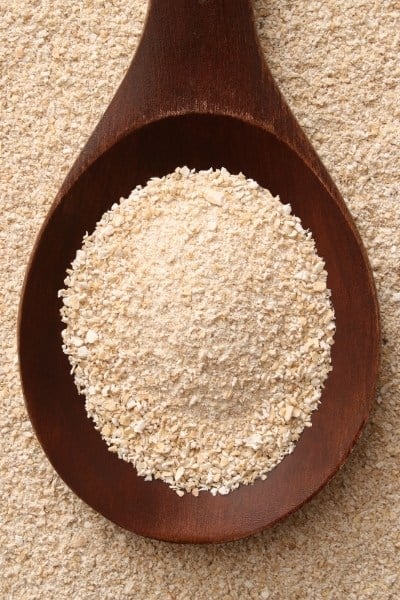
Like most natural whole grains, oats also contain a lot of powerful antioxidants – plant compounds that remove free radicals from your body.
Because of that, you’re at a lower risk of developing various chronic conditions, including heart disease and cancer.
The same antioxidants also have anti-inflammatory properties. This is beneficial as they help dilate your blood vessels, increasing blood flow and lowering blood pressure.
Other studies also show that the plant compounds in oats might have anti-itching properties, which is good for people with allergies.
Conclusion
Oats can be high in FODMAPs if you’re not sticking to certain serving sizes. But luckily, if you consume small portions without any high-FODMAP ingredients, you can safely include this whole grain in your diet without worsening your IBS symptoms.
Including oats in your diet can be incredibly good for your health, as this whole grain is particularly rich in various minerals, helping prevent mineral deficiencies. What’s more, it contains a lot of fiber and various B vitamins.
So, oats are very good for your health.
Sources: Nutrition Data 503, PMC, and National Library of Medicine
